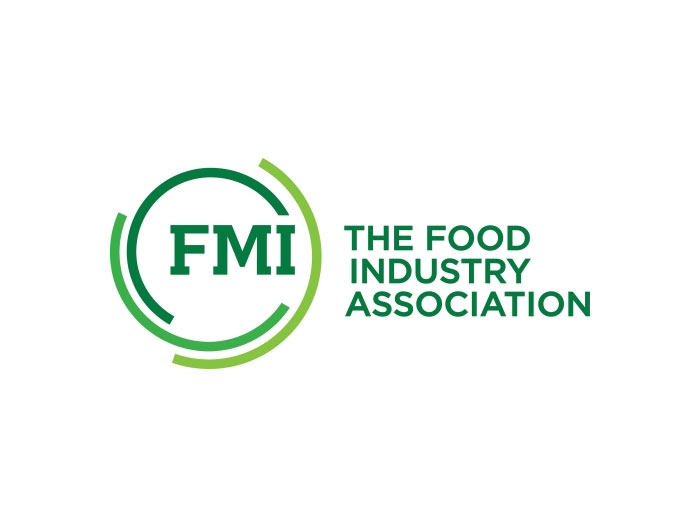FMI Expresses Concerns about OSHA Vaccine-Testing Mandate’s Impact on Food Supply Chain
November 5, 2021 | 3 min to read

Arlington, VA – Today, FMI – The Food Industry Association Chief Public Policy Officer and Senior Vice President, Government and Public Affairs Jennifer Hatcher issued the following statement in response to the U.S. Occupational Safety and Health Administration’s (OSHA) Emergency Temporary Standards (ETS) for COVID-19 testing/vaccination.
“At a time when our economy is facing a constrained labor supply, supply chain disruptions and high consumer demand, we are very concerned with the impact on the food supply chain posed by the ETS, particularly for workers in no-contact or low-contact positions. As written, the ETS does not balance key issues like a lack of testing availability for employers and the likelihood of significant workforce attrition due to the mandate, particularly among truck drivers. FMI believes the ETS will exacerbate an already existing shortage of transport and supply chain capacity, further slowing delivery times and driving up costs for consumers, retailers and manufacturers — especially given the 30-day window to comply with the majority of the mandate’s requirements as we approach the busy holiday season.
“While we are encouraged that OSHA allows for enforcement discretion in the event of testing unavailability if employers can demonstrate good faith efforts to comply with the ETS, additional clarity is needed on what specifically the agency considers good faith. FMI is also disappointed that exemptions for low-contact- or no-contact workers that are vital to our food supply chain and are not a threat to public health were not allowed by the ETS (such as truckers and workers in food manufacturing, warehousing and distribution facilities with limited public interaction).
“The food industry takes the health and safety of our employees and the public seriously, as evidenced by the work our industry has done over the past 19 months to keep shelves stocked and keep folks safe, including investing $1 billion in vaccine incentives to encourage their employees to get vaccinated. FMI strongly supports policies that promote COVID-19 vaccination for the general population and in the workforce. Our pharmacy members are proud providers of COVID-19 vaccines in their communities, having administered millions of pharmacy sector vaccine doses since they became available earlier this year – representing more than 70% of all vaccines administered.”
###
As the food industry association, FMI works with and on behalf of the entire industry to advance a safer, healthier and more efficient consumer food supply chain. FMI brings together a wide range of members across the value chain — from retailers that sell to consumers, to producers that supply food and other products, as well as the wide variety of companies providing critical services — to amplify the collective work of the industry. www.FMI.org
